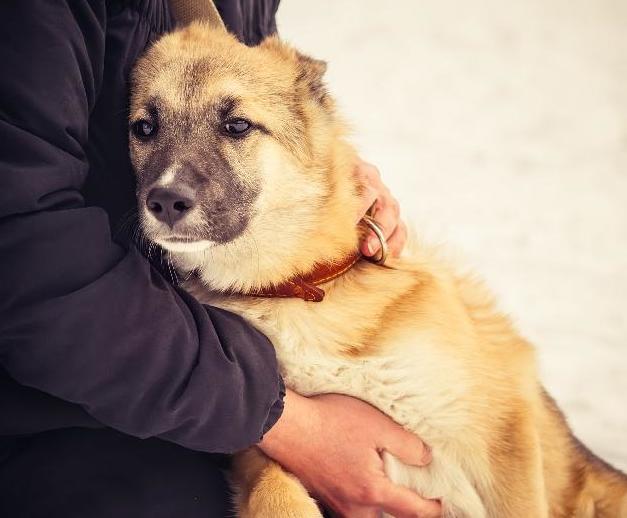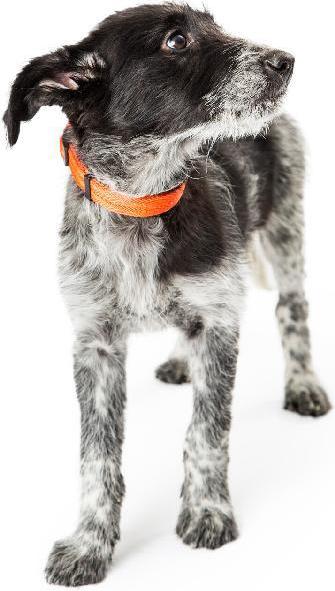
3 minute read
Heddie Leger realizes that we are all up to the collective challenge – or opportunity – of moving forward to the next level in our care and training of dogs
p r o f i l e Rewarding Wanted Behavior
In our ongoing series of PPG member profiles, this month we feature Lisa Hird of Dog Behaviour Clinic in Spalding, Lincolnshire, United Kingdom
Advertisement
Lisa Hird is joint principal and also a tutor at The International School for Canine Psychology and Behaviour, one of PPG’s corporate partners, and also runs her own dog behavior consultancy.
Q: Can you tell us a bit more about yourself, how you first got into animal behavior and training, and what you are doing now? A: As a teenager I had wanted to become a vet. However, I soon realized I would need to deal with euthanasia and animals in pain, so my thoughts soon shifted to behavior and training with a keen interest in supporting rescues.
Over the years I spent practicing as a behavior consultant, I decided that, by teaching students, I would be able to help far more dogs than I could hope to work with by myself. I am now both tutor and joint principal of The International School for Canine Psychology and Behaviour as well as running my own dog behavior business.
Q: Why did you become a trainer/pet care provider? A: To try to improve welfare and understanding between companion dogs and their caregivers. I also had a keen interest in supporting rescues in behavior work, to help find suitable homes for dogs.
Q: Tell us a little bit about your own pets. A: I have a 9yearold Staffordshire bull terrier called Jack and a 4yearold German shepherd called Freya. Both are rescue dogs.
Q: What is your favorite part of your job? A: Getting updates on how dogs are continuing to progress.
Q: What do you consider to be your area of expertise? A: Reactive dogs.
Q: Are you a crossover trainer or have you always been a force‐free trainer? A: I have always used forcefree methods.
Q: What are some of your favorite positive reinforcement techniques for the most commonly encountered behavior issues? A: Clicker training is amazing. It is so easy to reward wanted behavior.
Q: What is the reward you get out of a day's training with people and their pets?: A: Seeing the relationship and communication between dog and caregiver improve dramatically.
Q: Who has most influenced your career and how? A: Suzanne Clothier with her relationshipcentered approach — reading
Lisa Hird with canine friend, Tia
© Lisa Hird
“Dogs are sentient beings…They rely on humans for virtually everything so it is our duty to ensure their lives are fulfilled and are stress-, anxiety- and fear-free.” - Lisa Hird
her books, watching her DVDs and attending inperson training. She is probably the greatest influence on my career, along with Grisha Stewart.
Q: What drives you to be a force‐free professional and why is it impor‐tant to you? A: Forcefree is essential. Dogs are sentient beings. They experience so many emotions and are very much captive animals in our homes. They rely on humans for virtually everything so it is our duty to ensure their lives are fulfilled and are stress, anxiety and fearfree.
Q: What advice would you give to a new trainer starting out? A: Make sure you shadow a positive, forcefree trainer.
Q: How has PPG helped you to become a more complete trainer? A: The Project Trade initiative has helped me promote forcefree methods. n
Dog Behaviour Clinic is located in Spalding, Lincolnshire, United Kingdom To be featured in the BARKS Profile section, please complete this form: bit.ly/2y9plS1











